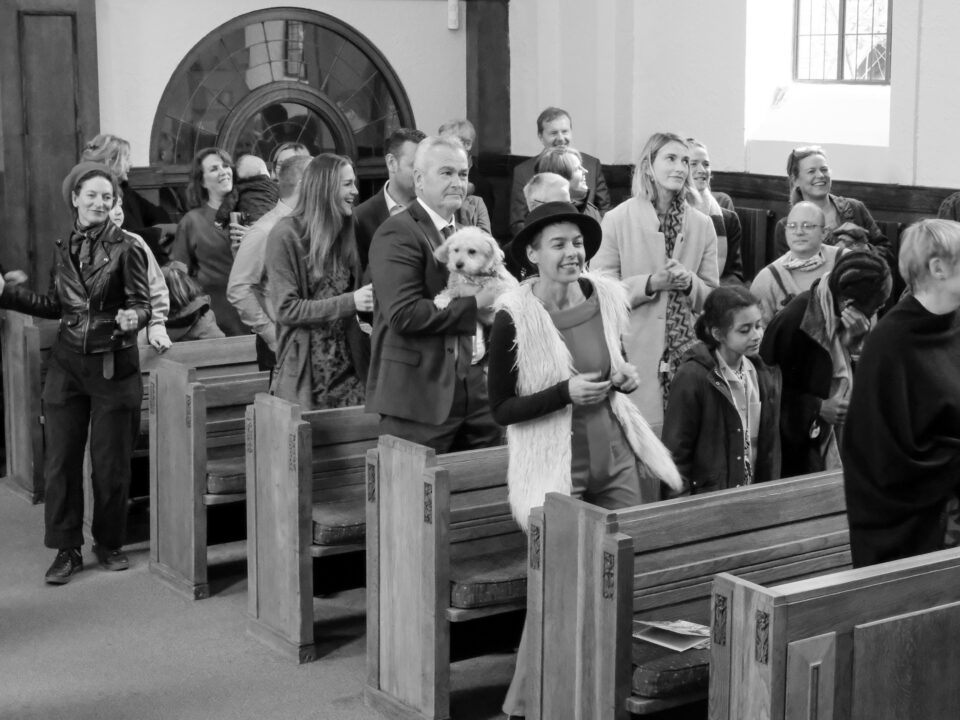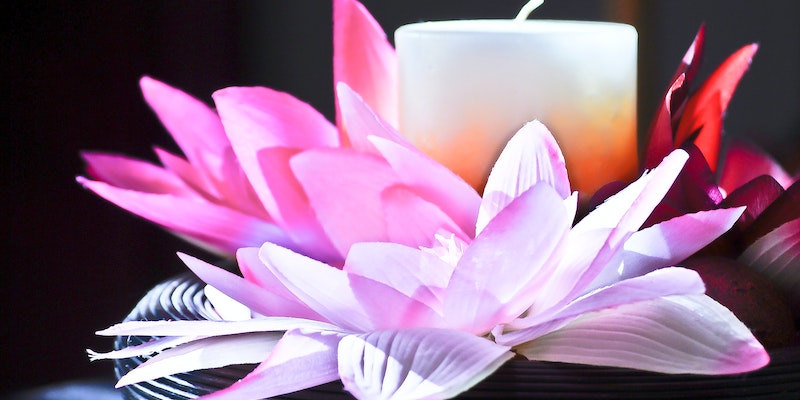- Contact Us Today
- (937) 278-4287
- lgfuneralhome@gmail.com
The Symbolism Behind Casket Selection

Simple Cremations: The Trend Today
October 16, 2023
Insights into Veterans Services at Funerals
November 6, 2023Selecting a casket for a loved one is a deeply emotional and symbolic experience. It’s a decision that goes beyond mere practicality and price considerations. The choice of a casket holds significant meaning and symbolism, reflecting cultural, religious, and personal beliefs. Funeral Homes Dayton, Ohio, will delve into the profound symbolism behind casket selection, shedding light on the factors influencing this poignant decision.
1. Material and Design
One of the first decisions when choosing a casket is the material it’s made of. Standard options include wood, metal, and eco-friendly materials like bamboo or wicker. Each material carries its symbolism:
- Wooden Caskets: Wood represents warmth, nature, and the cycle of life. It symbolizes a return to the earth and a connection to the natural world.
- Metal Caskets: Metal caskets are often associated with strength and durability. They symbolize protection and may convey a sense of eternal rest.
- Eco-Friendly Caskets: Choosing an eco-friendly casket can symbolize a commitment to environmental sustainability and a return to nature.
2. Color
The color of a casket can also carry significant symbolism. Different cultures and religions attach various meanings to colors, influencing the choice of casket color:
- White: In many Western cultures, white represents purity, innocence, and a peaceful transition into the afterlife.
- Black: Black is often associated with mourning and grief. It signifies a sad farewell and respect for the deceased.
- Blue: Blue can symbolize tranquility and spirituality. It may represent a sense of calm and peace in the afterlife.
3. Shape and Style
The shape and style of a casket can convey different messages:
- Coffin vs. Casket: In some cultures, a coffin with six sides is used, while in others, a rectangular casket is preferred. Cultural and religious traditions can influence the choice.
- Carvings and Details: Elaborate carvings and details on the casket can symbolize the individuality and uniqueness of the deceased. They may also reflect their interests or passions in life.
4. Religious and Cultural Influence
Religion plays a significant role in the symbolism of casket selection. Different faiths have distinct traditions and beliefs regarding the choice of a casket:
- Christianity: Many Christians prefer wooden caskets, symbolizing the return to dust, as mentioned in the Bible. They may also choose coffins adorned with religious symbols.
- Judaism: Traditional Jewish funerals use simple, unadorned wooden caskets, symbolizing equality in death. Jewish caskets also have no metal, ensuring a swift return to the earth.
- Islam: Islamic tradition calls for simple caskets, often made of wood. They symbolize humility and the equality of all in death.
5. Personalization
Many families choose to personalize the casket to reflect the personality and life of the deceased:
- Photos: Some caskets allow for the placement of pictures or images representing the person’s life journey.
- Quotes or Scriptures: Engraving meaningful quotes or religious scriptures can add a personal touch to the casket.
- Mementos: Placing mementos inside the casket, such as letters, flowers, or cherished items, can symbolize the enduring connection between the living and the departed.
Conclusion
 The symbolism behind casket selection runs deep, encompassing materials, colors, shapes, religious beliefs, and personal preferences. It’s a profound and meaningful decision made during grief and reflection. While these symbols may vary across cultures and individuals, they all share a common purpose: to honor the deceased and comfort those left behind. For funeral homes in Dayton, Ohio, the choice of a casket is a testament to the love and respect we hold for our departed loved ones, a final farewell gesture on their journey into eternity. To learn more, don’t hesitate to contact us at Glickler Funeral Home & Cremation Service.
The symbolism behind casket selection runs deep, encompassing materials, colors, shapes, religious beliefs, and personal preferences. It’s a profound and meaningful decision made during grief and reflection. While these symbols may vary across cultures and individuals, they all share a common purpose: to honor the deceased and comfort those left behind. For funeral homes in Dayton, Ohio, the choice of a casket is a testament to the love and respect we hold for our departed loved ones, a final farewell gesture on their journey into eternity. To learn more, don’t hesitate to contact us at Glickler Funeral Home & Cremation Service.




